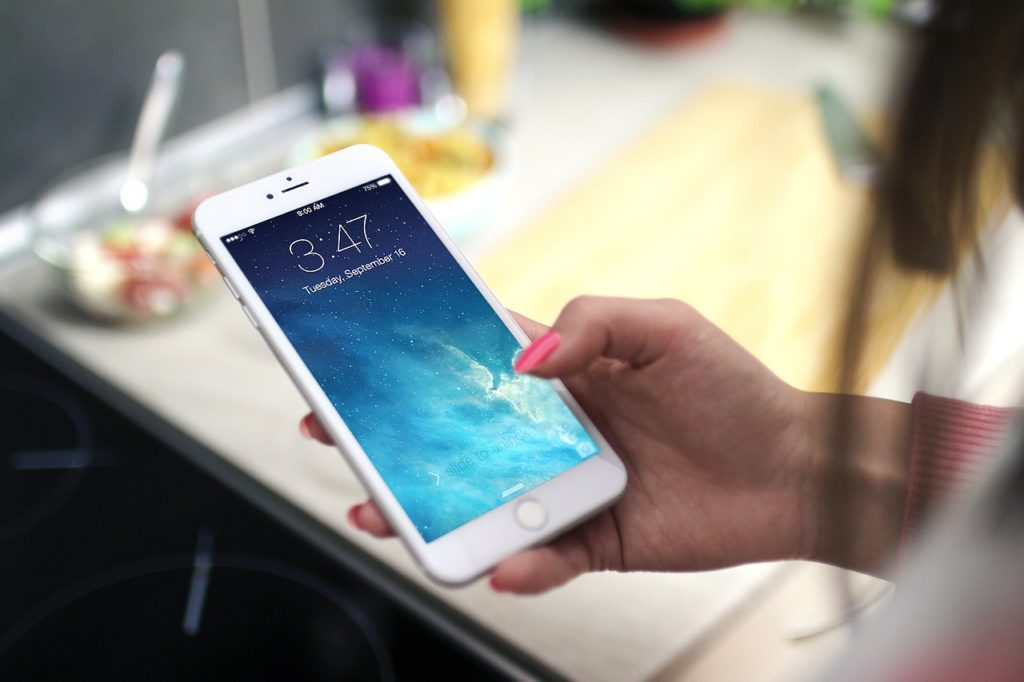
Recently, US President Donald Trump made the statement that Apple had the key to criminals and criminal minds and demanded they ‘unlock these phones’, because as it is, the FBI and police don’t have access to encrypted iPhones, that is, phones with passcodes. Apple however, are saying that their priority is the privacy of their customers. The government is not simply asking Apple to ‘unlock the phone’, they are asking Apple to make a ‘back door’ into the iOS, that is, they are asking Apple to make an alternative OS that when downloaded/installed on the phone it will allow the FBI to ‘force break’ an iPhone. Apple do not want to do this because it would jeopardize the privacy of every iPhone user if it was to get into the wrong hands. Tim Cook felt as though the line had to be drawn somewhere. If Apple was to give in on this, then potentially there could be unconsented breaches of the public’s privacy.
This FBI vs Apple debate has been going on since the 2015 San Bernadino shooting case, when officials could not gain access to the shooter’s iPhone 5s, though in the end hackers were able to get into the phone without Apple making the back door the government asked for. In recent times, because of the Penacola Naval Base Shooting, the issue has arisen once more for the same reason.
This whole debate between the FBI and Apple is hinged on Phone Encryption.
What is Encryption?
Let’s define some Key Terms:
Encryption is the encoding of data to prevent unauthorized access. It helps to safeguard private information, and sensitive data. Sensitive data includes emails, files, folders and entire drives.
Phone Encryption: is the process of encoding all the data on a cellular phone device. Data on your cell phone is scrambled and unreadable to unauthorized (external sources) who do not have the key to decrypt the data. The key is the passcode, and only when it is entered is the data (photos, videos, documents, call logs, messages, notes and apps) revealed and readable. Furthermore, this means that if the chip from your phone was to be removed while it was switched off, it would be unable to read the data.
Force break: A method of trying to get into a device whereby many possible passcodes/passwords are used until the correct one that opens the device, or using software for multiple attempts to get the passcode for a device. In the case of iPhones, eight wrong attempts leads to the phone’s data being wiped.
Currently, Apple phones are encrypted and this means that information is stored in scrambled codes that can only be unlocked or decrypted by a key that the owner has and no one else. However, if there is a warrant, Apple can give access to the encrypted iCloud Backups. This is because the encrypted data is stored on Apple’s servers so they have a key to unlock it granting access to device settings, messages and voicemails, and photos and videos in the users’ camera roll.

How Phone Encryption Works?
In Android, due to the different levels of speed, across smartphones, before Android 6.0 Marshmallow, encryption wasn’t mandatory and encryption of the device would be left to the OEMs (Operational Equipment Manufacturers). Today, Google dictates that phones must use encryption. That being said, it varies between OEMs. Some use a key generation system like Apple where the phone combines the set passcode with data in a Secure Enclaved chip to generate a key. When you turn your phone on, you’re asked for a passcode which unlocks your phone and decrypts your data at the same time.
Other Android devices use file-based encryption. This is a type of encryption that allows some levels of decryption on your phone before the passcode is entered. E.g Alarms.
- Set a password, PIN, pattern, lock screen, or biometric pass if you haven’t already done so.
- Open the Settings App on your device.
- Tap Security & Location
- Tap Encrypt Phone or Encrypt Tablet
- Read the information carefully
- Enter your password, pattern, PIN, or lock screen.
Is encryption hacker-proof?
With security in general it is best to assume that nothing is foolproof and take additional steps to keep your data private.
Tell us, do you think Apple is right for not giving the FBI a back door? What are your views on phone encryption?
Love this and want more? Read others like it at the same place, and at the same time every Monday and Wednesday! Also, be sure to check out the podcast on Mondays!


Helpful information. Fortunate me I discovered your website by accident, and I’m
stunned why this accident did not happened in advance!
I bookmarked it.
So, happy you did! Thanks for reading! Hope you continue to enjoy the content!
Can you be more specific about the content of your article? After reading it, I still have some doubts. Hope you can help me.
Can you be more specific about the content of your article? After reading it, I still have some doubts. Hope you can help me.
Thanks for sharing. I read many of your blog posts, cool, your blog is very good. https://accounts.binance.info/fr-AF/register-person?ref=JHQQKNKN
Can you be more specific about the content of your article? After reading it, I still have some doubts. Hope you can help me. https://accounts.binance.com/cs/register-person?ref=OMM3XK51
Thanks for sharing. I read many of your blog posts, cool, your blog is very good.
Thanks for sharing. I read many of your blog posts, cool, your blog is very good.
I don’t think the title of your article matches the content lol. Just kidding, mainly because I had some doubts after reading the article.
Thank you for your sharing. I am worried that I lack creative ideas. It is your article that makes me full of hope. Thank you. But, I have a question, can you help me?
Thank you for your sharing. I am worried that I lack creative ideas. It is your article that makes me full of hope. Thank you. But, I have a question, can you help me?